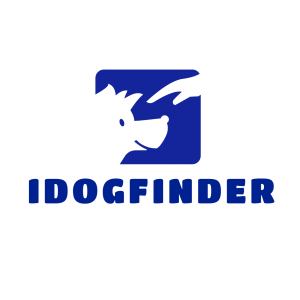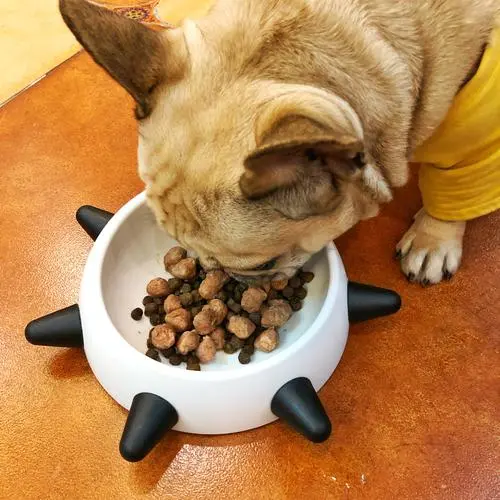Puppy grooming, encouragement is most important!
Puppies are just like any other underdeveloped mammal, they have to start learning at a very young age. You can’t expect a 12-week-old Afghan to tolerate up to three hours of brushing, but fortunately, their coats don’t need that much care either, but there will come a time when the key is to start grooming from babyhood. Grooming from the moment you bring your dog home, and adjusting the grooming schedule to suit your needs, works very well. If your dog is nervous or uncomfortable with what you are doing, stop immediately and go back to the previous step. Taking a consistent, progressive, and comfortable approach to the full grooming process is good for both you and your dog. At the same time each day, take your dog to do the following exercises:
Week 1
1. Pick up a baby dog’s paw and rub the toenail back and forth irregularly and press the foot pad. Keep praising the baby dog and give a small cookie as a reward after massaging each foot.
2. Clean each ear and observe the ear hole, then praise and reward again.
3. Stroke the mouth and nose, still praise and reward.
4. Observe each eye and stroke the face with your hand, continue to praise and reward.
5. Lift and hold the tail, and check the anal area is clean.
6. Use your hand to stroke the hair and keep praising him.
7. Reward again at the end of the day.
Week 2
1. Continue the steps of the first week.
2. One hand gently strokes the baby dog’s mouth and nose, then use your fingers to reach into the corners of its mouth. Gently stroke both sides of the teeth. Then praise and reward.
3. Use a soft hair to entice the puppy to sniff. Put a little cookie on the hair for the baby dog to find. Find a nail clipper that fits its size. Don’t forget to praise and reward.
Week 3
1. Continue the steps of the first week.
2. Open the baby dog’s mouth and roughly wipe the teeth with a soft cloth. Check the teeth and gums. Stop before the puppy starts to resist.
3. Gently comb the baby dog’s hair for a while, then praise and reward.
4. Touch the baby dog’s paws with a nail clipper. If the reaction is more positive, then cut off the tip of one or two nails. Then praise and reward.
Week 4
1. Still continue the steps of the first week.
2. induce the baby dog to find the toothbrush, smell it, and preferably let him chew it twice. Of course, praise and reward.
3. Put a small toothbrush designed for puppies on your finger and let your dog lick it (if he doesn’t like it, don’t force it, but let him get used to it).
4. more thorough grooming of the whole body, remember to keep praise and rewards.
Week 5
1. Continue the steps of the first week.
2. Touch your dog’s teeth with the toothbrush, if the response is good, brush slightly twice, then praise and reward.
3. Grooming, then you can introduce the comb to the baby dog. Let him sniff, then use the comb to touch the baby dog’s hair, if the response is good, then appropriate combing two times.
4. Insist on massaging and checking the paws every day, and trim the nails when necessary. Never forget to praise and reward.
Week 6
1. Continue the steps of the first week.
2. roughly brush the baby dog’s teeth, then praise.
3. Groom the hair.
4. Continue to handle the paws ears, eyes, tail, and teeth as above. If your baby dog starts teething, be careful when handling the teeth, and do not brush your baby dog’s teeth when his mouth is extra sensitive.
By the sixth week, the baby dog should be very comfortable with the grooming process, grooming should be a long-lasting and lifelong process, adding some elements of grooming to his daily life will make the puppy gradually accept and enjoy the process.
If your dog is reluctant to accept grooming, it may be because you give too little praise and rewards. Training a dog with a dignified behavior can be easy. If you just accidentally remember it or are absent-minded, or even forget to praise your dog, then he may start to regress, and lose interest and patience with grooming. You need to help the puppy establish in the brain the concept that grooming and reward are co-existing. Once this connection is established, your dog will enjoy grooming, even if not always rewarding.
Never underestimate the power of praise. Some puppies do not care much about rewards, especially those that are not food-driven or those that can not eat much at once (especially small dogs). Overfeeding is never healthy. As veterinarians say, obesity is a primary health concern for pets. So too many rewards is definitely not a good idea. But for most dogs, a combination of praise and healthy material rewards is best.




